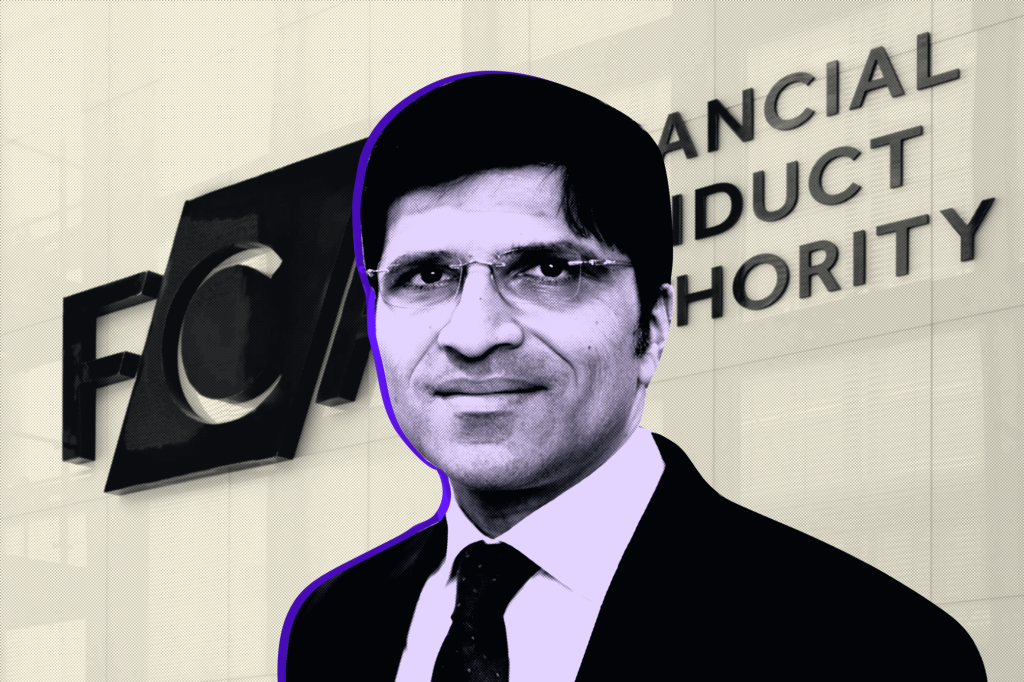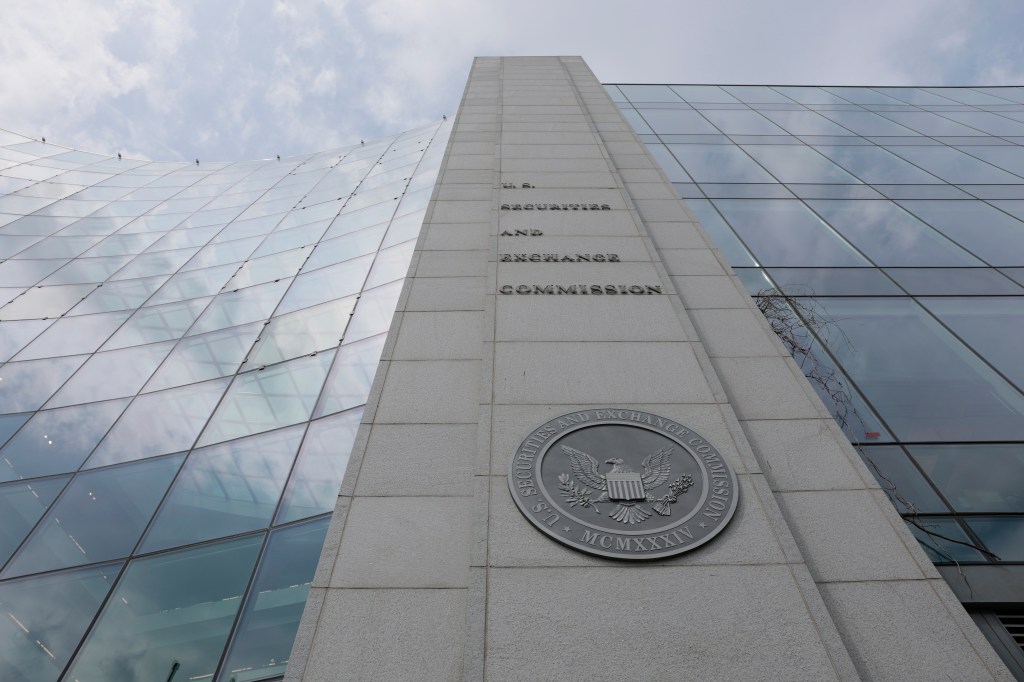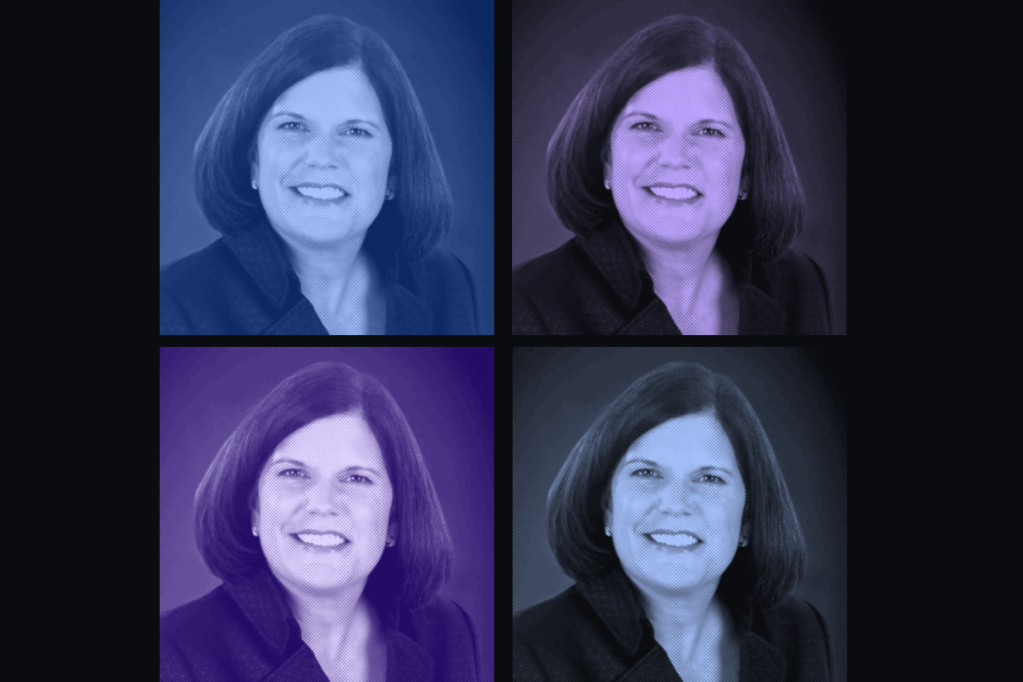The National Society of Compliance Professionals (NSCP) has announced that it is advancing efforts to support the creation of a Compliance Advisory Committee within the US SEC.
GRIP spoke to Lisa Crossley, Executive Director of the NSCP, about her organization’s visions for the committee in bringing stakeholders together and addressing
Register for free to keep reading
To continue reading this article and unlock full access to GRIP, register now. You’ll enjoy free access to all content until our subscription service launches in early 2026.
- Unlimited access to industry insights
- Stay on top of key rules and regulatory changes with our Rules Navigator
- Ad-free experience with no distractions
- Regular podcasts from trusted external experts
- Fresh compliance and regulatory content every day













